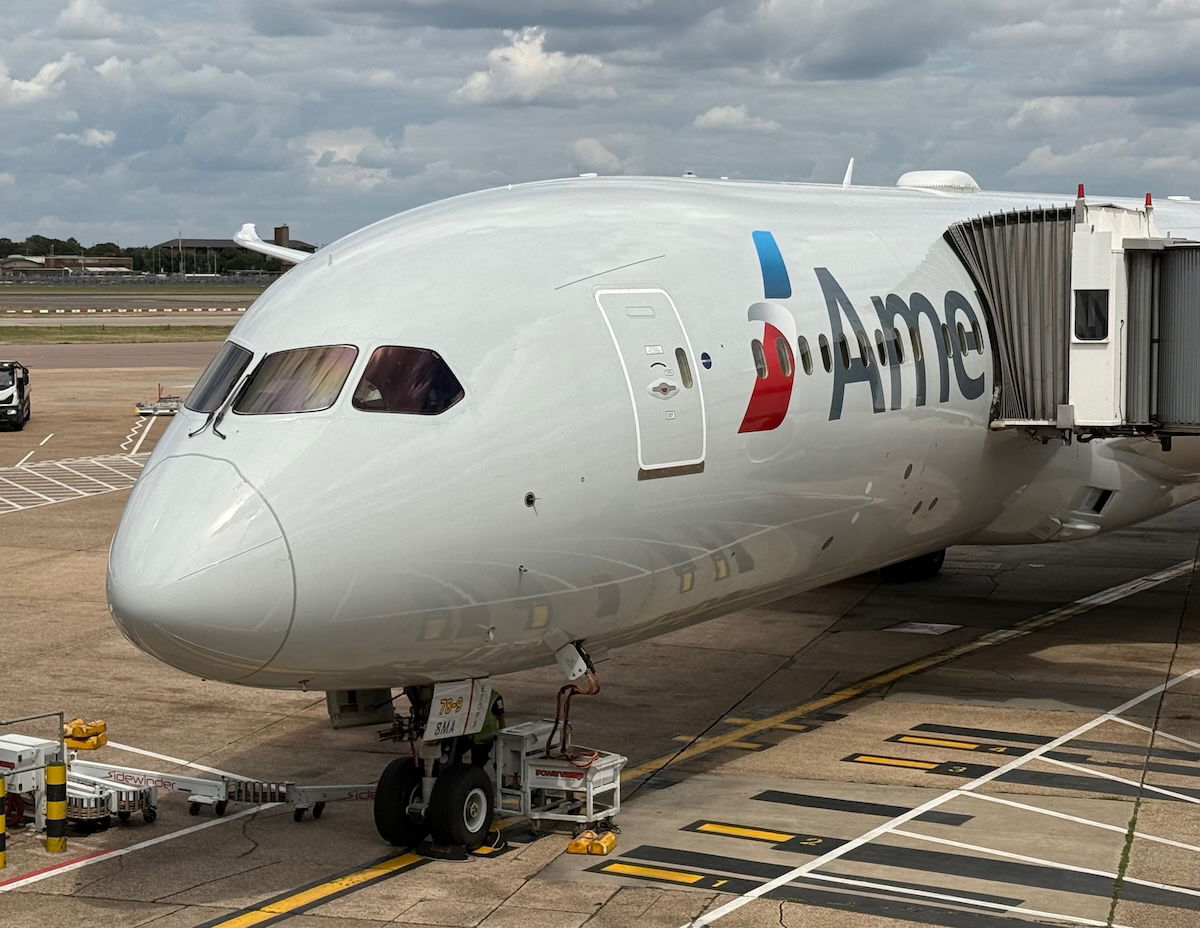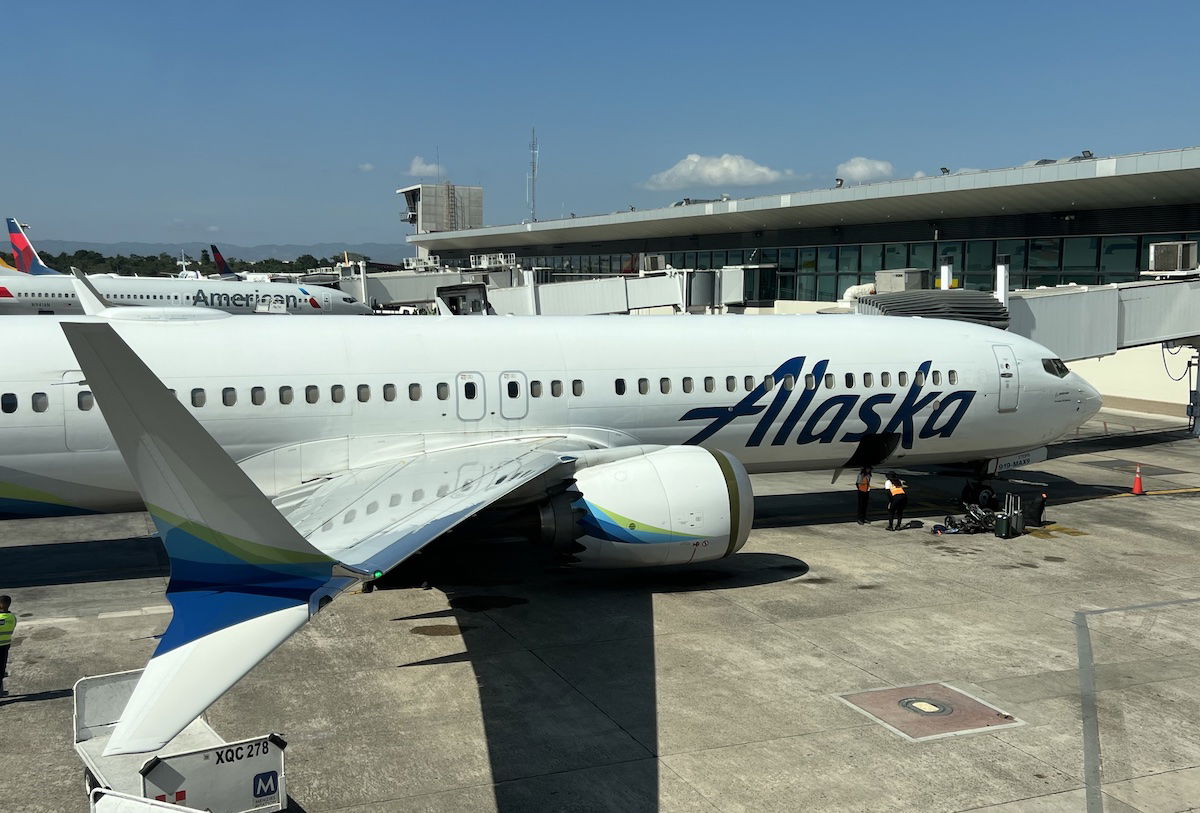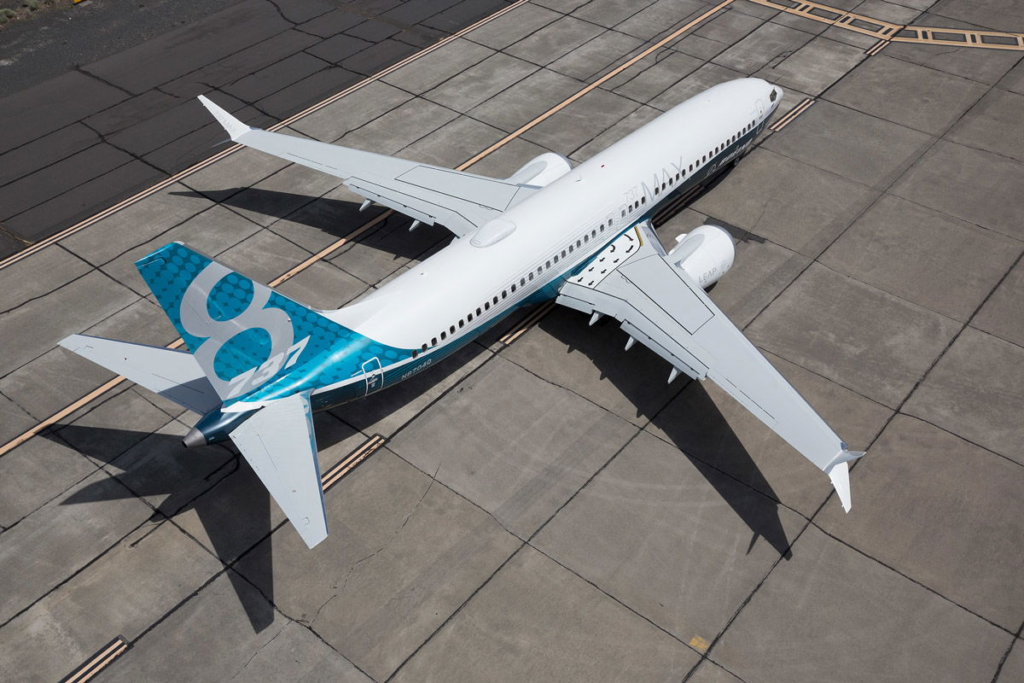Here’s some good news for Boeing, and airlines, and… maybe the traveling public? I dunno, I guess we’ll see.
FAA allows Boeing to issue airworthiness certificates again
As of Monday, September 29, 2025, the Federal Aviation Administration (FAA) will once again allow Boeing to issue its own airworthiness certificates for new 737 MAX and 787 aircraft. This is a major development for Boeing, as the aerospace giant hasn’t been able to do this for the 737 MAX since 2019, and for the 787 since 2022.
For some background, Boeing has of course been under incredible regulatory scrutiny in recent years, and for good reason. First there were the two fatal 737 MAX crashes in 2018 and 2019 (Lion Air and Ethiopian Airlines), and then we’ve seen all kinds of additional quality control issues with both the 737 MAX and 787.
As part of the increased oversight, Boeing’s ability to self-certify the airworthiness of new aircraft was taken away. In other words, Boeing couldn’t just say that its planes were safe, but it had to actually prove it to regulators, before they’d sign off on that.
The concept of self-certifying planes is possible through the FAA’s Organization Designation Authorization (ODA) program, which allows authorized organizations to perform certification functions on behalf of the FAA, such as issuing airworthiness and production certifications for aircraft. So the FAA is now once again delegating this to Boeing, so Boeing can decide if an aircraft is safe to operate.

The FAA claims that it’s confident in Boeing’s quality
The FAA claims that safety drives everything that the organization does, and the FAA is only allowing this step because it’s confident that it can be done safely. This decision follows a thorough review of Boeing’s ongoing production quality, and will reportedly allow FAA inspectors to focus additional surveillance on the production process.
For example, there will be more FAA inspectors observing critical assembly stages, examining trends, ensuring Boeing mechanics are performing work to approved type design and engineering requirements, and assessing all activities for Boeing’s continuous improvement of its Safety Management System (SMS). Inspectors will also observe Boeing’s safety culture, ensuring that Boeing employees can report safety issues without fear of retribution.
I’m sure people will have conflicting takes on this, with many thinking it reflects the current administration’s anti-regulation attitude. I don’t have a terribly strong take on this, though this is definitely positive news in terms of Boeing being able to deliver planes more efficiently, which has been a massive issue for the company in recent years.
Can Boeing be trusted to self-certify planes in this way, given its track record? I mean, I don’t think any for-profit, publicly traded company can be “trusted.” However, I do believe that the top executives at Boeing now finally have the mandate to focus on quality and long term sustainability over short term profits, so in that sense, I do think progress has been made.
Hopefully this represents Boeing turning a corner in a positive way, though only time will tell…

Bottom line
Boeing is regaining the ability to issue airworthiness certificates for new planes, which hasn’t been possible for 737 MAXs since 2019, and for 787s since 2022. The FAA claims that it’s confident in Boeing’s quality improvements, and that resources would better be put into oversight of Boeing in other areas. We’ll see how this plays out, but it should be good news in terms of the pace at which planes are delivered.
What do you make of Boeing regaining the ability to self-certify its aircraft?


